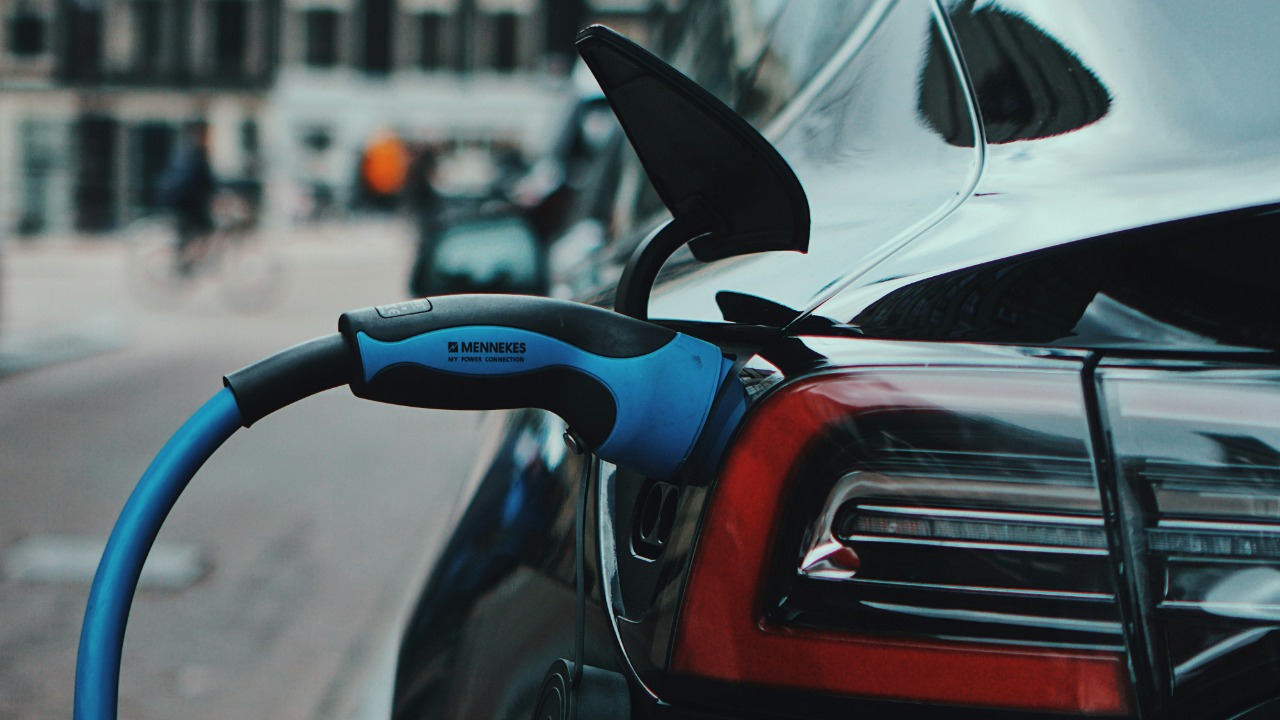
The realm of battery technology has seen a ground-breaking development with the advent of prototypes that offer a charging time of less than a minute. This innovation could potentially transform the way we fuel our electronic devices, ranging from handheld gadgets like mobile phones to larger electric vehicles.
The Current State of Battery Technology
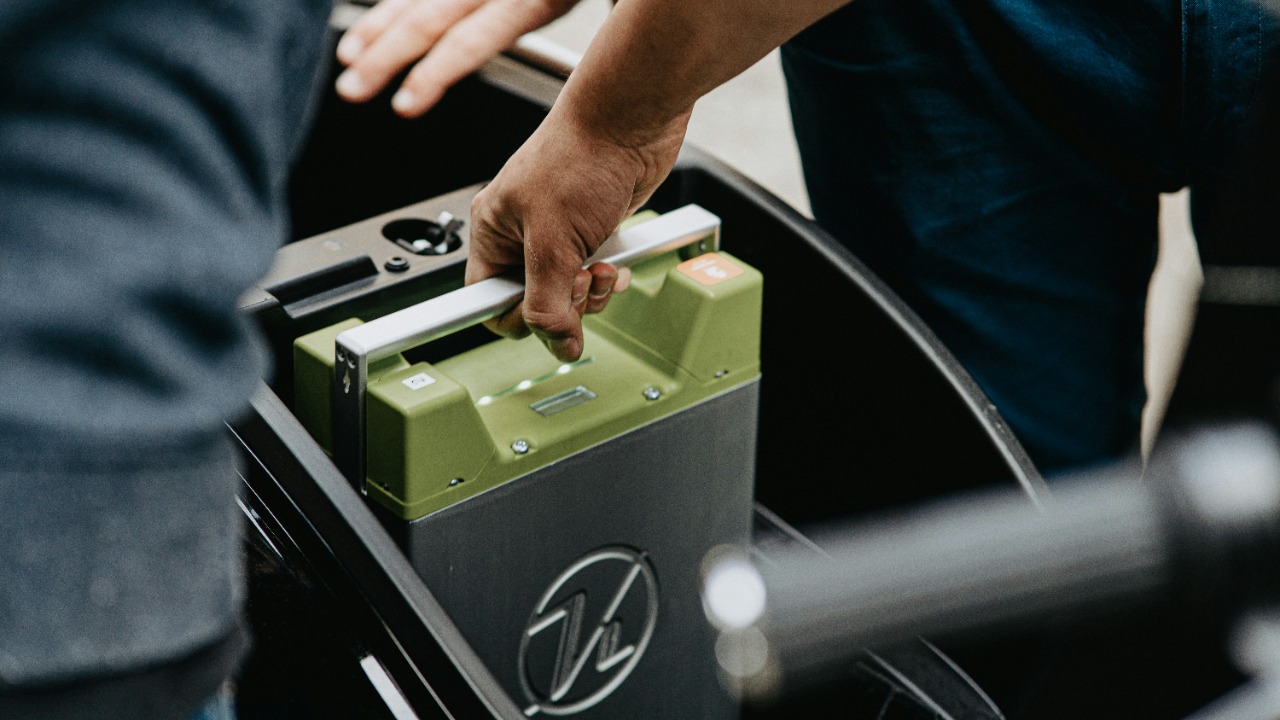
Presently, the most commonly used battery technology is the lithium-ion battery. Revered for its high energy density and long cycle life, lithium-ion batteries are the backbone of most portable electronics and electric vehicles. However, they are not without their shortcomings. These include a relatively slow charging rate, potential safety hazards due to flammable liquid electrolytes, and a decline in capacity over time. You can find more about this in an in-depth report on the current state of battery technology.
On the horizon, solid-state batteries offer a promising alternative. They replace the liquid electrolyte in lithium-ion batteries with a solid one, potentially increasing energy density and safety. On top of that, they could also offer faster charging capabilities. However, they are still in the development stage and yet to be widely commercialized. For more on this, check out this fascinating article comparing solid-state and lithium-ion batteries.
Understanding the Breakthrough in Charging Technology
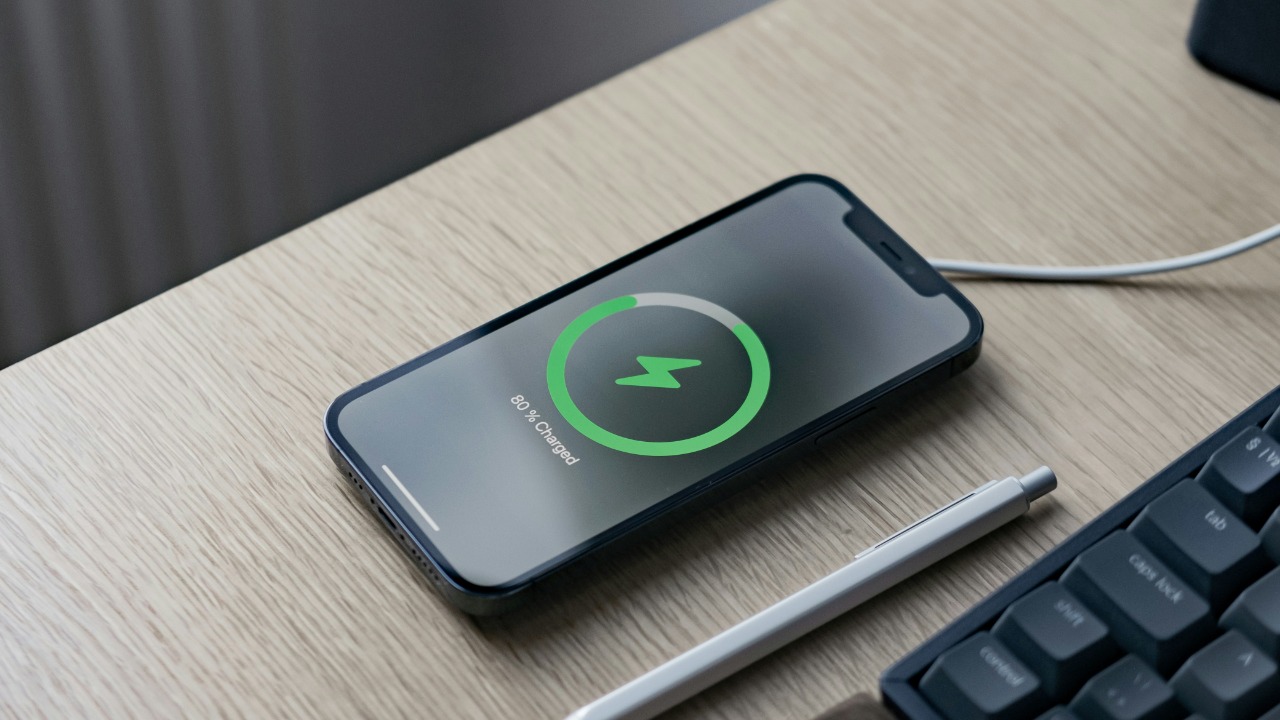
Enter the new prototype that promises to charge batteries in under a minute. Without delving into specifics, this breakthrough involves a unique combination of materials and design that facilitates ultra-fast charging. The exact processes are proprietary, but the results are undeniably game-changing.
Compare this to our current charging times. For example, a typical smartphone might take around 2 hours to fully charge, and an electric vehicle can take anywhere from 30 minutes to 12 hours depending on the charger used. If this new prototype can indeed charge batteries in less than a minute, it would be a significant leap forward.
The Science Behind Fast-Charging Prototypes
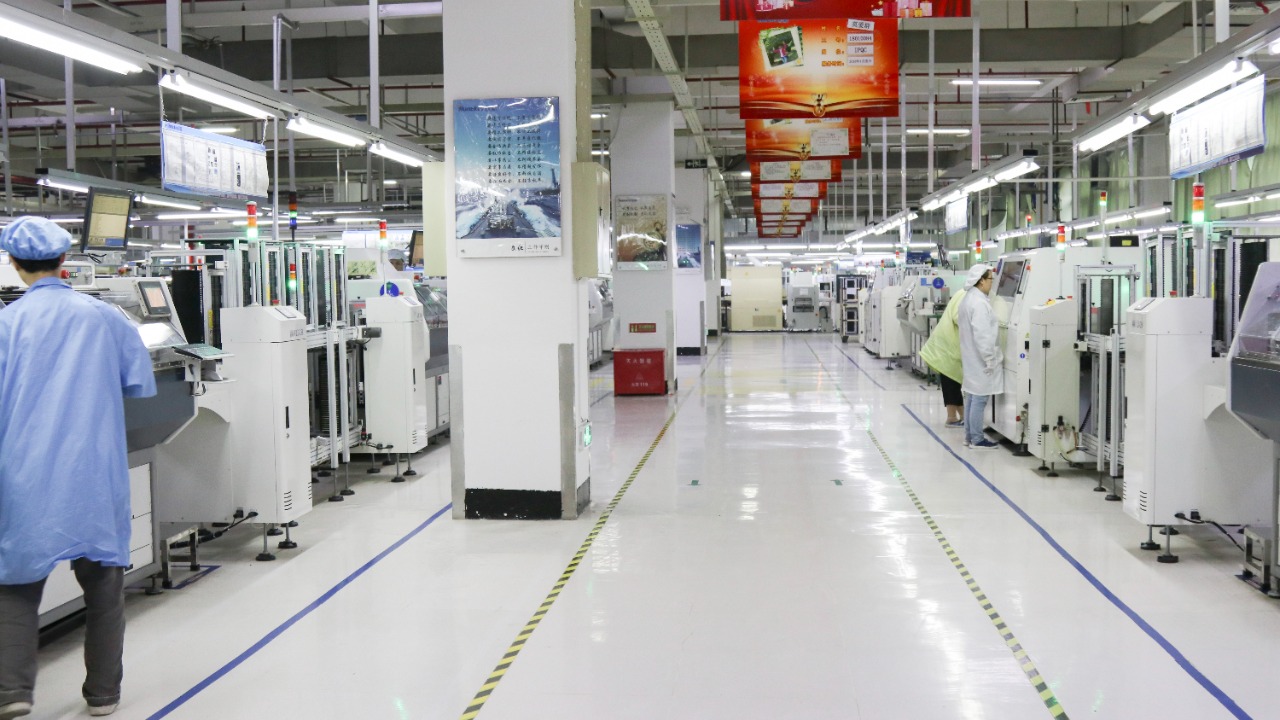
What enables such rapid charging? The answer lies in the science of battery chemistry and engineering. Without getting too technical, it involves optimizing the path for ions to move within the battery during charging, and using materials that can handle the high energy flow without degrading. For a more comprehensive understanding, this research paper published in Advanced Energy Materials provides an in-depth explanation.
It’s worth noting that while this technology is promising, it’s still in its early stages. It’s one thing to demonstrate fast charging in a lab setting, but another to replicate that performance in real-world conditions. Hence, further testing and development are needed before it can be commercialized.
Implications for Electric Vehicles
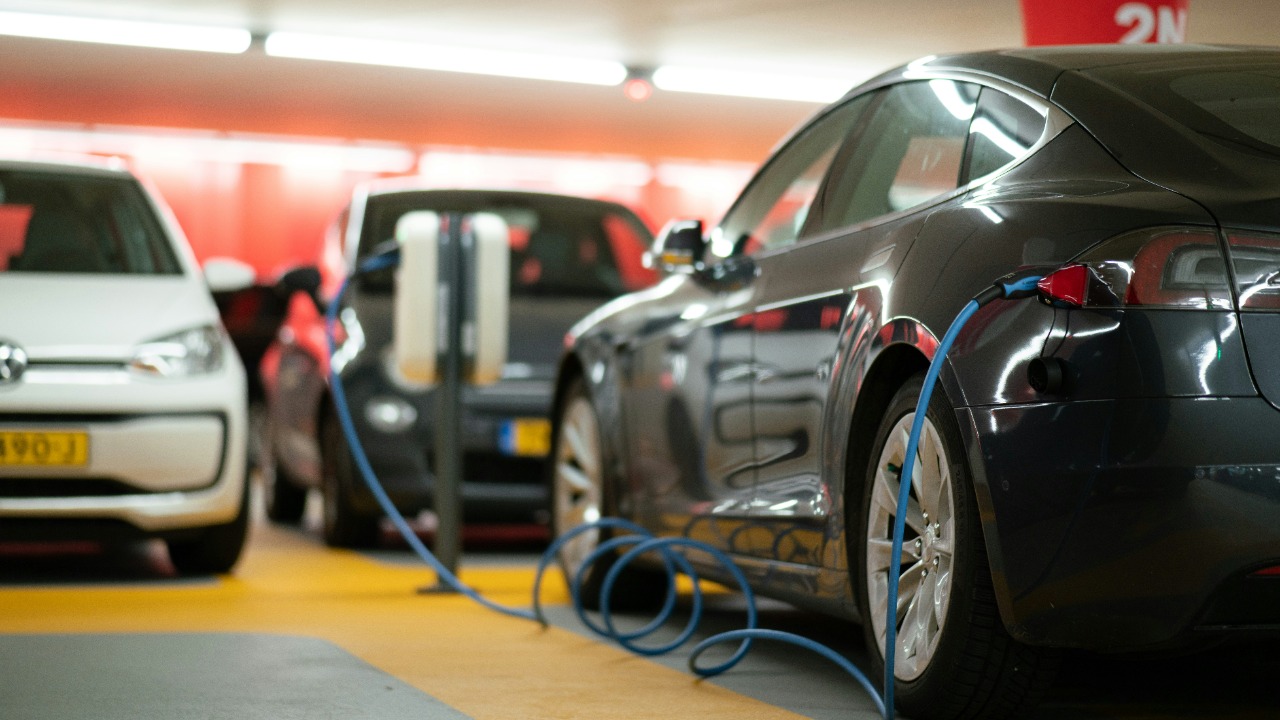
One industry that could greatly benefit from this breakthrough is the electric vehicle (EV) sector. Faster charging times could make EVs much more convenient to use, potentially accelerating their adoption. This could be a game-changer in the ongoing EV market competition between China and the United States, as detailed in this report.
Imagine, for instance, being able to fully charge your EV while you grab a coffee, instead of having to leave it plugged in for hours. This could significantly reduce range anxiety, one of the main concerns for potential EV consumers, and give a major boost to the EV market.
Future Perspectives and Challenges
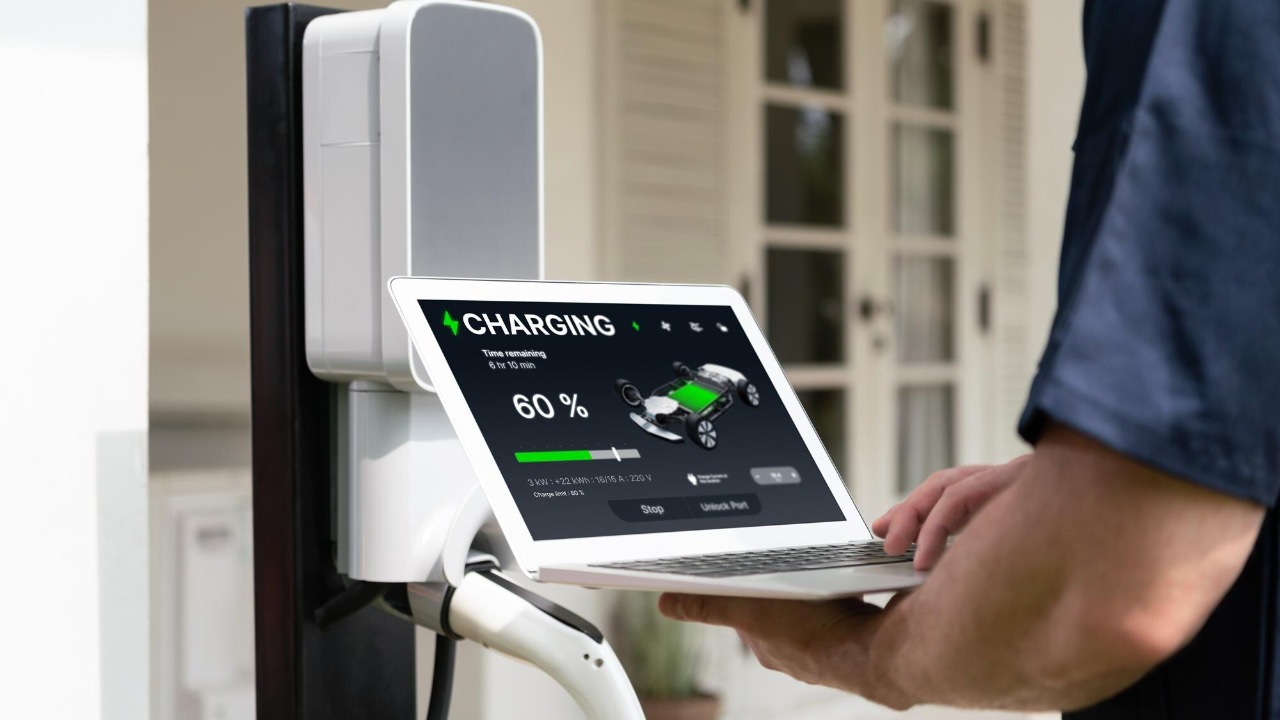
While the prospect of batteries that charge in less than a minute is undoubtedly exciting, several challenges lie ahead. One of the main hurdles is scaling up this technology for commercial use. It’s one thing to create a small prototype, but another to mass-produce batteries that maintain the same performance.
Moreover, other factors need to be considered, such as cost, safety, and lifespan of these fast-charging batteries. Even if a battery can charge quickly, it wouldn’t be practical if it degrades much faster than current batteries, or if it’s too expensive for the average consumer.
Nonetheless, this breakthrough signals a promising future for battery technology. If successful, it could revolutionize not only our electronic devices but also contribute to sustainable energy solutions. After all, the more convenient and efficient our batteries are, the more viable renewable energy becomes. For more on this, check out this compelling article.